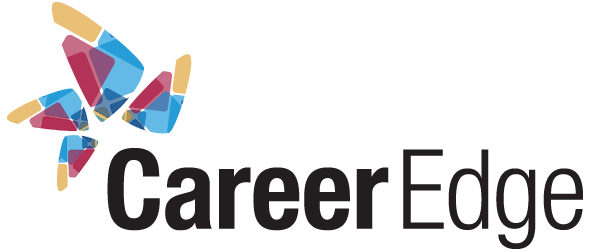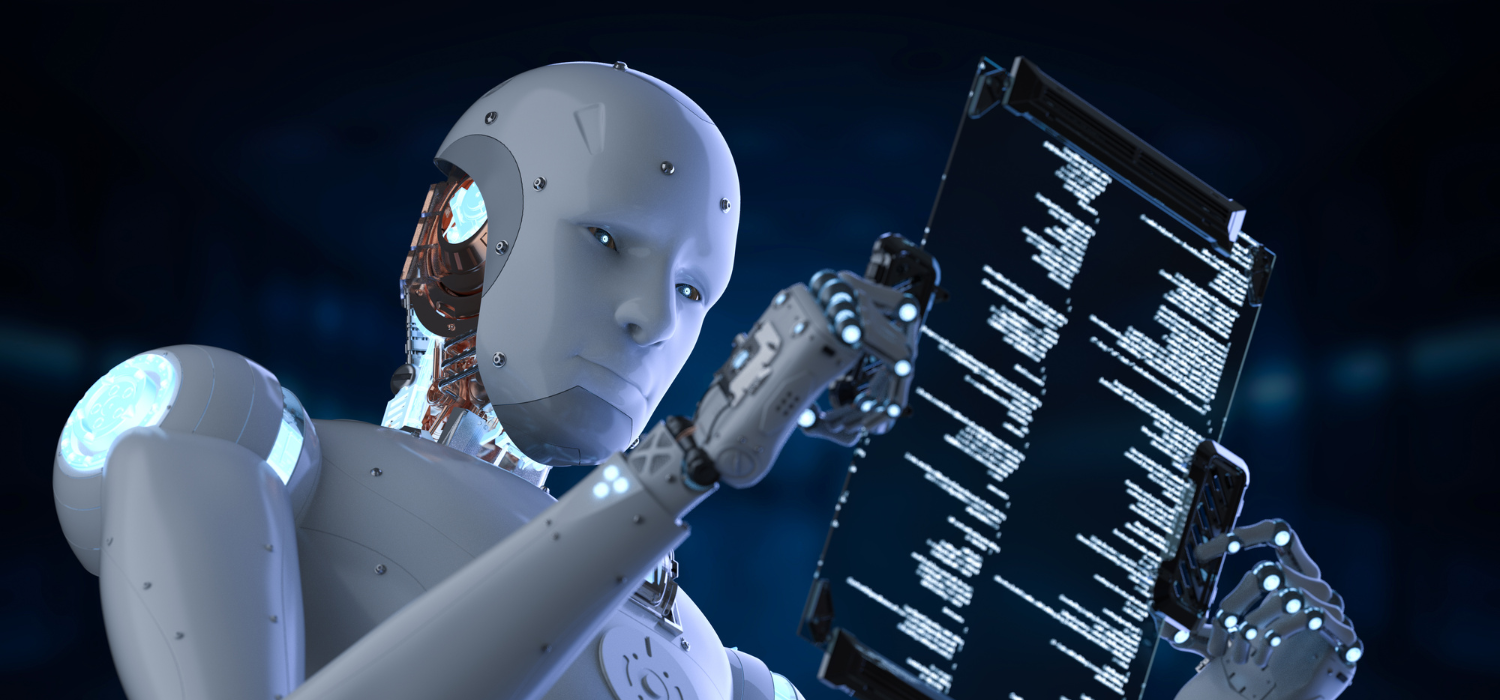When AI became widely available to the public, it had many conflicting reactions from employers and employees. However, one thing we all agree on is that Artificial Intelligence (AI) has rapidly transformed many industries, including recruitment. It’s efficient, scalable, and capable of sorting through countless resumes in minutes. However, for job seekers, especially those from marginalized communities, the rise of AI-driven recruitment brings concerns that go beyond efficiency. From emotional distress caused by ghosting to the risk of unconscious bias, AI’s impact on recruitment is fraught with challenges that often go unnoticed.
This article explores the hidden dangers of AI in recruitment and why human-centered approaches are more critical than ever.
What Are Some of the Impacts of AI-Driven Recruitment?
While the benefits of AI recruitment are countless, saving time and working efficiently can be the top appeal for many people in the recruitment industry. However, some side effects can hinder your business and organization’s full potential.
1- AI Recruitment Tools Lack of Human Connection
One of the most glaring issues with AI-driven recruitment is its inability to establish genuine human connections. Hiring is a deeply personal process that involves understanding more than just qualifications and experience. It’s about reading between the lines—body language, communication style, and emotional intelligence, all of which are completely overlooked by AI.
For example, an AI-powered algorithm might reject a highly qualified candidate based on subtle data points that have nothing to do with their actual potential. This lack of human touch can make employers miss out on top talent.
According to a Resume Builder survey, 4 out of 10 companies would allow AI to communicate with candidates, and 1 out of 7 would let the technology make the final hiring decision.
2- AI Tools Overly Rely on Data
AI systems are designed to make decisions based on the data provided. But what if the data is incomplete or inaccurate? Over-reliance on AI narrows the talent pool, with only candidates who meet strict algorithmic criteria making it through the filters.
Imagine losing out on a candidate who might not have a perfect match on paper but could bring unparalleled creativity, problem-solving skills, or leadership. AI simply isn’t equipped to recognize the intangibles that make a person truly qualified for a role.
3- AI Recruitment Tools are Biased
While AI is often marketed as a tool that can eliminate human bias in hiring, ironically, it can sometimes reinforce or even magnify biases.
AI systems are trained on historical data. If an algorithm is fed biased data, it will continue to make biased decisions. This is a particularly concerning issue in recruitment, where diversity, equity, and inclusion are critical.
In one corporate fail example, Amazon decided to abandon an AI recruitment tool because it discriminated against female candidates based on historical data that favored male-dominated resumes.
AI doesn’t have the cultural sensitivity or awareness to make nuanced hiring decisions. It may, for example, reject high-quality candidates for having a non-Western name or attending a lesser-known university, which often affects people from marginalized backgrounds. Without human oversight, these biases can go unchecked, further entrenching inequality in the hiring process.
4- AI Tools Security Concerns
AI tools come with security risks, from ChatGPT data breaches to tools that collect, store, or process candidate data that fall under compliance regulations. Non-compliance can significantly damage an employer’s reputation, impacting candidate trust.
Organizations must also implement robust cybersecurity measures, as reliance on AI for sensitive information increases the risk of data breaches and misuse. While AI can enhance efficiency, its integration into recruitment must be approached cautiously to mitigate these security concerns.
5- AI-Driven Hiring Negatively Impact Job Seekers
While AI can enhance the candidate experience by providing swift responses and making the hiring process more efficient, it can also take a toll on their mental health and the company’s reputation if something goes wrong.
Ghosting Candidates: One of the main challenges in AI-driven recruitment is “ghosting,” where candidates receive no communication from employers after completing multiple stages of the hiring process. This lack of communication leads to frustration, anxiety, and feelings of low self-worth among job seekers. Without feedback, candidates are unable to improve their future applications.
Impersonal Hiring Process: AI can strip the recruitment process of empathy. Job seekers today crave a connection—they want to feel seen and valued during the hiring process. When an automated system is their first (and often only) interaction, it leads to dissatisfaction, resentment, and negative perceptions of the company.
Dehumanizing Job Seekers: AI-driven recruitment tools use algorithms to sift through resumes for specific keywords, but this approach can make job seekers feel reduced to numbers. This can be especially harmful for non-traditional candidates. Feeling dehumanized can also impact employer branding, as candidates may lose trust in the company over time.
6- AI Recruitment Can Hurt Employer Branding
Your brand isn’t just the products or services you offer but also the experience candidates have when engaging with your hiring process. Ghosting and bias caused by AI don’t just harm candidates—they can also damage the employer’s reputation. Candidates who feel ghosted or dehumanized by an impersonal process will likely share their experiences online, which can harm the company’s brand. In today’s competitive job market, a negative reputation can make it difficult to attract top talent.
7- AI Tools Pose Legal and Ethical Risks
Many employers are eager to implement AI tools, but few understand the legal ramifications of using biased algorithms. AI systems, left unchecked, can easily violate these laws. Failing to address biases in recruitment processes could expose organizations to legal challenges.
The tutoring company iTutor Group used AI-powered recruiting software that automatically rejected female applicants ages 55 and older and male applicants ages 60 and older, leading to more than 200 qualified applicants being automatically rejected by the software. It ended up costing them $365,000 to settle a lawsuit brought by the US Equal Employment Opportunity Commission (EEOC).
8- AI-Driven Hiring Requires Adaptation and Training Budget
Many employers think AI might be a good way to save money in the short term; as technology evolves, employers may need to continuously train HR staff to use AI tools effectively and manage their implications. This can create ongoing costs and resource allocation challenges.
How To Overcome AI Recruitment Shortcomings?
To mitigate these risks and build trust with candidates, companies must adopt a more transparent and human-centered approach to AI in recruitment. This includes:
1- Human Centric Hiring Practices
While AI can handle many aspects of recruitment, it’s important to keep human judgment as part of the process. This hybrid model uses AI to support recruiters rather than replace them, preserving the personal touch that candidates value. When employees feel valued from the very beginning, it can lead to higher job satisfaction and lower turnover rates.
At Career Edge, we commit to genuine, people-centered recruitment. We believe that hiring should be about relationships, not just data points. Unlike AI-driven systems, we take the time to get to know both candidates and employers, ensuring that each match is a true fit. This focus on human connection leads to better hires, increased retention, and a more positive experience for all involved.
2- Genuine Relationships Result in Perfect Matches
This people-first approach ensures that employers get more than just qualified hires—they get individuals who fit seamlessly into the company culture, are passionate about their work, and have the potential for long-term success.
At Career Edge, we believe in a simple yet powerful idea: people hire people. Everything we do is built on fostering genuine relationships between employers and candidates. We don’t use algorithms or automated systems to assess someone’s worth. Instead, we take the time to understand each candidate’s unique strengths, skills, and potential.
3- Communication and Transparency
Candidates should be given clear information about how AI is used in the recruitment process and, where possible, feedback on why they were not selected. This openness can help demystify the AI process and build trust.
One of the key ways we stand out is by maintaining open communication with candidates throughout the hiring process. We provide feedback at every stage, ensuring that candidates know where they stand and what they can do to improve. This approach not only builds trust but also improves the candidate’s experience and leaves them feeling valued—even if they aren’t selected for the role.
4- Regular Audits of AI Systems
Regularly reviewing and updating AI algorithms is mandatory to prevent bias and maintain fairness in the hiring process. This proactive approach helps identify and address any biases unintentionally built into the system. Companies should ensure that the data used to train AI systems is diverse and representative. This helps prevent the AI from developing biased decision-making patterns and ensures a fairer recruitment process.
Diversity is more than a checkbox for us. Unlike AI systems that may unintentionally perpetuate bias, we actively seek out diverse talent from underrepresented groups. We understand that diversity drives innovation, creativity, and better business outcomes, which is why our recruitment process is built on inclusivity, not exclusion.
Don’t Let AI Take the Lead—The Future of Recruitment Needs Human Connections…
While AI may offer convenience, it lacks the human touch that is so crucial in recruitment. The risks of biased algorithms, a loss of genuine connection, and impersonal hiring processes should make any employer think twice before over-relying on technology.
Partnering with an organization like ours ensures that your recruitment strategy is based on real relationships, empathy, and diversity—everything AI can’t replicate. Don’t let technology decide the future of your workforce; let us help you find people who are not only qualified but who will thrive in your company. Are you ready? Contact us today!

